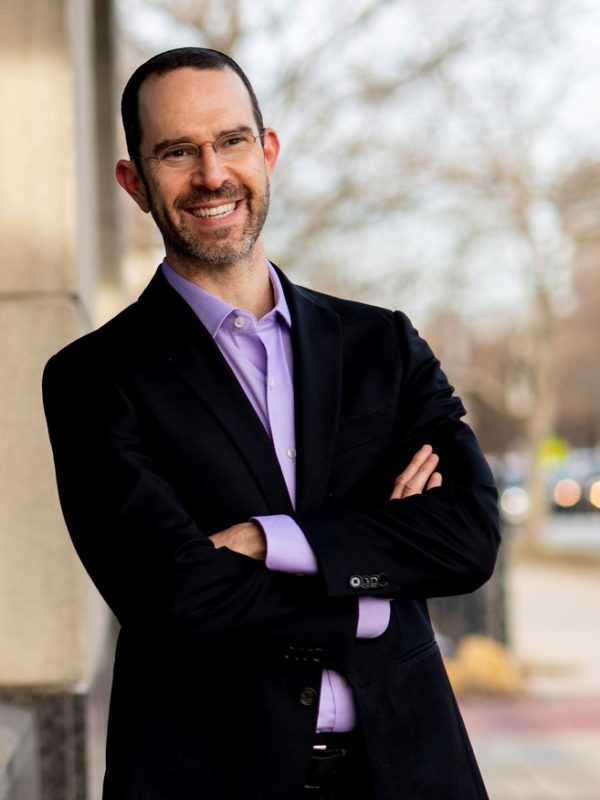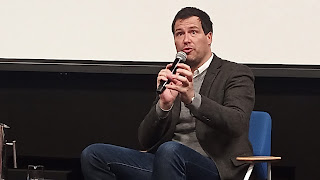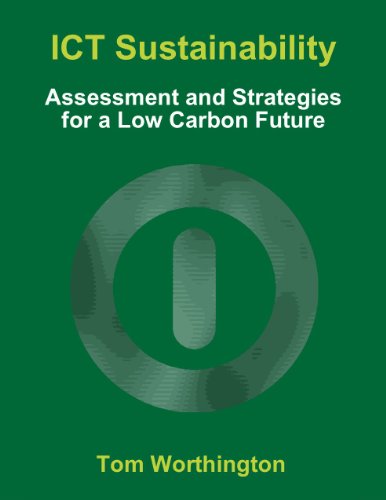I am doing the "Detecting Contract Cheating" course from TEQSA. In Module 2 "Supply and demand" under "who are cohorts likely to cheat" lists "Students who speak a language other than English". That is, if you speak a language other than English, the claim is you probably cheat. But isn't that most of the people in the world? I find it hard to believe that English speakers are inherently honest, or not speaking English makes you dishonest. The course cites Bretag et. al (2019), but my reading of it doesn't support that conclusion.
However, the course, so far, is mostly good. In particular I like the section on how to deter contract cheating, by providing the students with the help they need. I had to give this some thought, because it is easy to say there is no excuse for cheating. However, if your family, or your entire village, have invested everything they own in your education, if you are having difficulty with the language, you have limited time for study away from family or job (or both), if the universality does offer you any help getting up to speed with the topic, it is very easy to be tempted to cheat.
The course consists of some short videos, which like a typical student I play at high speed and read the subtitles. Curiously, the videos kept referring to "expectations" for what higher education intuitions would do about cheating. This is odd as TEQSA are overseeing legally mandated practices, which I would have thought were "requirements", not expectations.
The course contains so odd phrases, such as "collective competence", to describe a team of people who, between them, have the necessary skills to deal with academic misconduct. This appears designed for individuals to avoid responsibility. The example of a surgical team is used. But every member of such a team is tested for individual competence. No hospital would allow a team to operate where it was not clear that every member had the required skills.
The course also contained a weird video explaining the usefulness of subject matter experts. It was as if universities normally use random individuals to do assessment, and using experts is an innovation. This was followed by a video about the value of "investigators". This is a term I learned a few months ago. It is something unlikely to be familiar to most who teach at university, and needs more background, explanation, and justification. Also the full title of the role should be used, not just "investigator", as this is also a term used in academic research (I have been a chief investigator). While not mentioned in the course, I assume investigators are required to be qualified, to a similar level to those who carry on investigations in Commonwealth agencies, with a Certificate IV in Government Investigations (PSP40416).
The course has some views on the seriousness of plagiarism charges I don't agree with. As an example a finding of plagiarism resulting in a 10% grade penalty is classified as low severity. However, as a student I found the one and only time I was accused of plagiarism as very serious. Fortunately this was a mistake by my instructor, as they had accepted Turnitin's text matching report. Turnitin matched my assignment with the published paper I produced from the assignment (I hadn't expected the paper to be published so quickly, so hadn't mentioned it in the assignment).
Some of the legal advice in the course may need checking. As an example, it is suggested if an institution receives a report from a contract cheating service that one of their students is using it this may be blackmail, and so the institution should report this to TEQSA, but that cheating at an institution is not a crime. I am no legal expert, but thought blackmail is a crime, to be investigated not by TEQSA, but by the police (or in some states under the jurisdiction of a corruption commission). Also cheating at an institution may be a crime, where the student profits from it. Also the course argues that the saftey and well being of the students should be the priority. However, if cheating is resulting in many incompetent people being licenced to carry out dangerous procedures, the public interest may outweigh the student's interests.
Some of the approaches proposed by the course will throw suspicion on innocent studnts, and unfairly discriminate against specific groups. As an example, those with a disability who use accessibility tools will likely have the metadata stripped from their documents. If the investigator, as suggested here, looks for the name of the student and the time they took to edit to be consistent will suspect cheating when all the happened as when student prepared their answer in their accessibility tool, then pasted it in. I have this problem with some online systems, which do not allow me to spell check. I have to compose offline, then paste the answer in. That can look like I am getting someone else to write it.
Another approach which might cause unfair suspicion is bibliographic forensics. The course suggests checking that the references a student uses match their expected level of knowledge. However, I was a student in a topic I had two decades experience in, but the rules required me to do the introductory units. To avoid the tutors saying (as they occasionally did "Tom what are you doing in this class?"), I would hind my knowledge of the topic and pretend to be an ordinary student. But using the techniques in this course that could make me look like I was cheating.
The course suggests LMS logs as a source of evidence, but doesn't discuss under what conditions this, or other, information can be used against the student. Do investigators need a reasonable suspicion, or can they simply sift through the LMS logs looking for any wrongdoing? To use an extreme analogy, they could also use face recognition on security cameras in student dorms to look for collusion, but a court would likely find that an unreasonable invasion of privacy.
There are some power imbalances in the procedures suggested in the course. As an example, the student is required to provide proof of identity at an interview, but the interviewer is not. It is a well worn cliche of police procedurals that investigators show their identification to suspects. Another example is that it is suggested that a support person not be permitted to speak extensively to the student in a language the interviewer does not understand. Unless it is slowing down the interview, what right does the interviewer have to prevent the student and their support person communicating in whatever language they are most comfortable with?
The course suggests having studnts bring their device to the interview. I find it disturbing that investigators would conduct a search of a student's device, as this is likely to contain a lot of personal, private, and sensitive information, both their own, that of family and friends, and of their employer. If asked to do this, my first thought would be to wipe the device clean of all records and logs beforehand to protect myself, family, and clients. That act in itself might then be considered suspicious by the investigator.
It is a little annoying as when I stopped to fill out the workbook, I ended back at the start of the module, and had to fast forward through the video again. The modules seem far too large to each do at one sitting. But if I stop, I risk having to go back to the start.
The workbook is in PDF. To enter my work I had to import it into the word processor, where the formatting went askew. I have to create a text box for each answer, and hope it will be readable in the final result.
Also I received a warning I had an unreliable Internet connection, and my progress may not be saved. That seems odd, as I am sitting in my university office with a very high speed internet connection. Most of the time everything loaded quickly, although the final reflection video stuttered.
Overall the course was of some use for learning more about how to investigate cheating, but was based on an approach using formal investigators. I would have liked some background as to why and how a decision had been made to introduce this role, and if all universities are required to implement them (if so, when?). Also I signed up for the course so I could go to a workshop. But I now can't see any details of the workshop, and it took me so long to do the course (about 7 hours, whereas it was supposed to take 3), that I have forgotten where I saw the workshop details. In hunting around I found a Situational Judgement Test which was taken before the course (and I had forgotten about).
Curiously I was not prompted to take the test as part of the course, but had to stumble over it. Finding what I might have to do next is difficult as I have the text enlarged to make it readable, so all I see is "Modules Situational Situational", not what the modules are, or what "situational" is.
References






